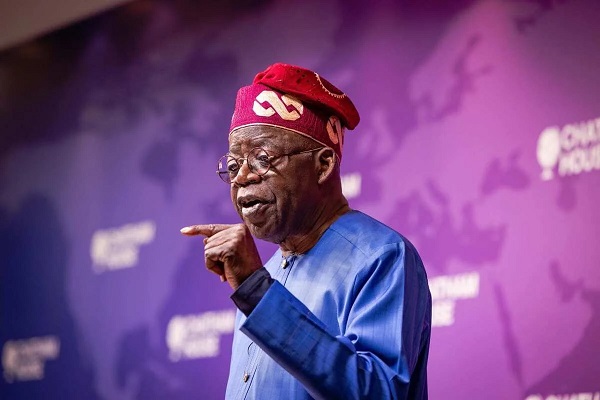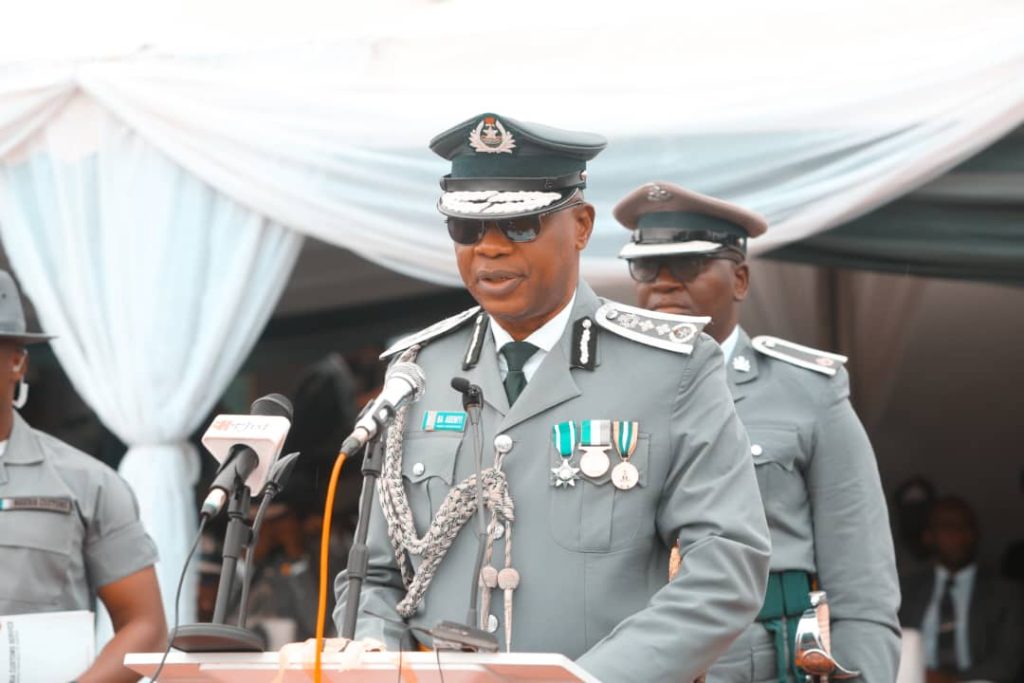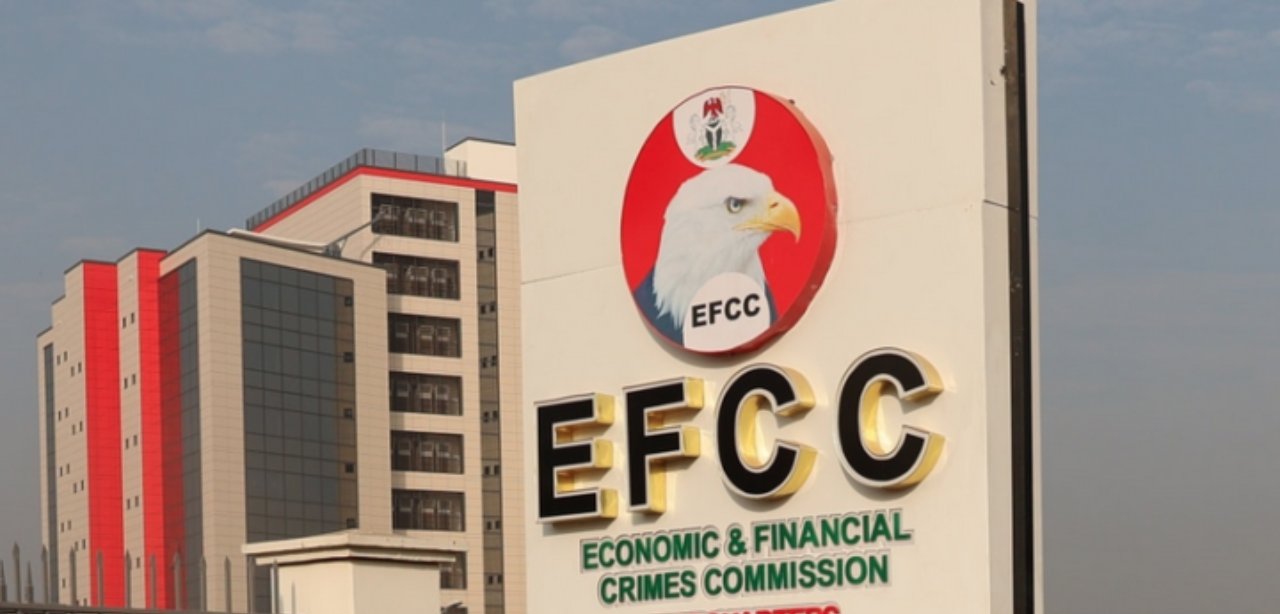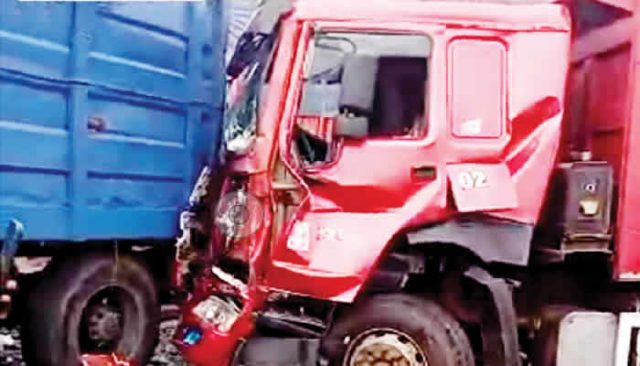The Presidency has issued a stern warning to 2023 Labour Party Presidential Candidate, Mr. Peter Obi, over his comments on the status of democracy in Nigeria, sparking a heated debate among political and religious leaders, as well as activists. While some concurred with Obi's statement that Nigeria's democracy is collapsing, others strongly disagreed.
During the 60th birthday colloquium of former Deputy Speaker of the House of Representatives, Chief Emeka Ihedioha, on Monday, Obi, former President Olusegun Obasanjo, former Sokoto State Governor Aminu Tambuwal, and Catholic Bishop of Sokoto Diocese, Bishop Matthew Kukah, all agreed that democracy under President Bola Tinubu is failing.
Obi likened Nigeria’s democracy since 1999 to a demolished building, stating, "If you look at where we are today, it is like they started in 1999, laid the foundation; some people came and took it to the decking; some tried to raise it to the first floor, and some came and knocked everything down. That is the situation we are in right now. Everything has been knocked down. Nothing works."
Onanuga Warns Obi
In response, presidential aide Bayo Onanuga dismissed Obi's remarks as exaggerated and baseless. Onanuga, writing on X (formerly Twitter), criticized Obi's comments, claiming that democracy in Nigeria has actually grown stronger over the past 26 years. He argued that if democracy were truly collapsing, Obi would not have been able to express his views so freely at the event.
“Only a discontented and disgruntled Peter, who benefits from the very free speech democracy provides, could perceive such a democratic downfall through his lens. If democracy had indeed collapsed, as Peter claims, and we were living under a regime antithetical to democratic principles, he would not have been able to make his comments,” Onanuga stated.
He urged Obi to be cautious with his words and avoid misleading the public.
Obidient Movement Responds
The Obidient Movement, a major support group for Peter Obi, strongly opposed Onanuga’s remarks, accusing him of threatening critics of the government. Nana Kazaure, Director of Strategic Communications and Media for the group, expressed concerns over what he called the administration's "descent into full-blown dictatorship." Kazaure took issue with Onanuga's aggressive language and questioned what the Tinubu administration had in store for its critics.
Kazaure argued that if the government focused more on governance rather than attacking its critics, Nigeria would be in a better place. He also warned that any harm to Obi or his associates would be blamed on officials like Onanuga, accusing them of inciting violence in the past.
Support for Obasanjo’s and Obi's Statement
On the other hand, former Senate President Adolphus Wabara, as well as Archbishop Raphael Opoko of the Methodist Church, echoed concerns that democracy in Nigeria is not functioning as it should. Wabara lamented that Nigeria’s democracy has been distorted and corrupted, arguing that the country has veered far from the true meaning of democracy.
“The practice of democracy in Nigeria goes worse every day,” Wabara remarked. “We need to imbibe the true tenets of democracy, with a constitutional amendment to reduce the excessive powers of the president.”
Archbishop Opoko also weighed in, calling Nigeria’s current system "selectocracy" instead of democracy, claiming that the voice of the people has been sidelined by a "select few" who control the country’s fate.
Call for Reform
Several other political leaders and analysts have called for reforms to address the fragility of Nigeria’s democracy. Diran Odeyemi, former Deputy National Publicity Secretary of the PDP, and Peter Ameh, National Secretary of the Coalition of United Political Parties (CUPP), pointed to executive overreach, legislative impunity, and judicial misconduct as key factors undermining democratic integrity.
Odeyemi explained that the combination of corrupt leadership and disillusioned followership has led to a "government by the few for the few," a system where the majority of Nigerians are left without representation.

Apathy and Judicial Failures
Others, like Afenifere’s Abagun Kole Omololu, acknowledged the challenges Nigeria’s democracy faces but emphasized that constructive dialogue is essential for progress. He urged Nigerians to reflect on the current system, acknowledging weaknesses but asserting that democracy remains an evolving process that requires reform and principled leadership.
Former Ekiti State Commissioner for Information, Mr. Lanre Ogunsuyi, and former Osun State lawmaker Olatunbosun Oyintiloye, also joined in the debate, with Ogunsuyi stressing the need for reform to overcome the system's flaws, while Oyintiloye insisted that democracy in Nigeria is still thriving, citing the competitive elections of 2023.
A Divided Opinion
Despite differing views, the ongoing debate about the state of democracy in Nigeria shows a country divided on its political future. While critics argue that democracy has been hijacked and corrupted, others believe that Nigeria is simply experiencing growing pains and the system can still be salvaged. Regardless, all voices agree that change and reform are crucial for Nigeria to move forward.




